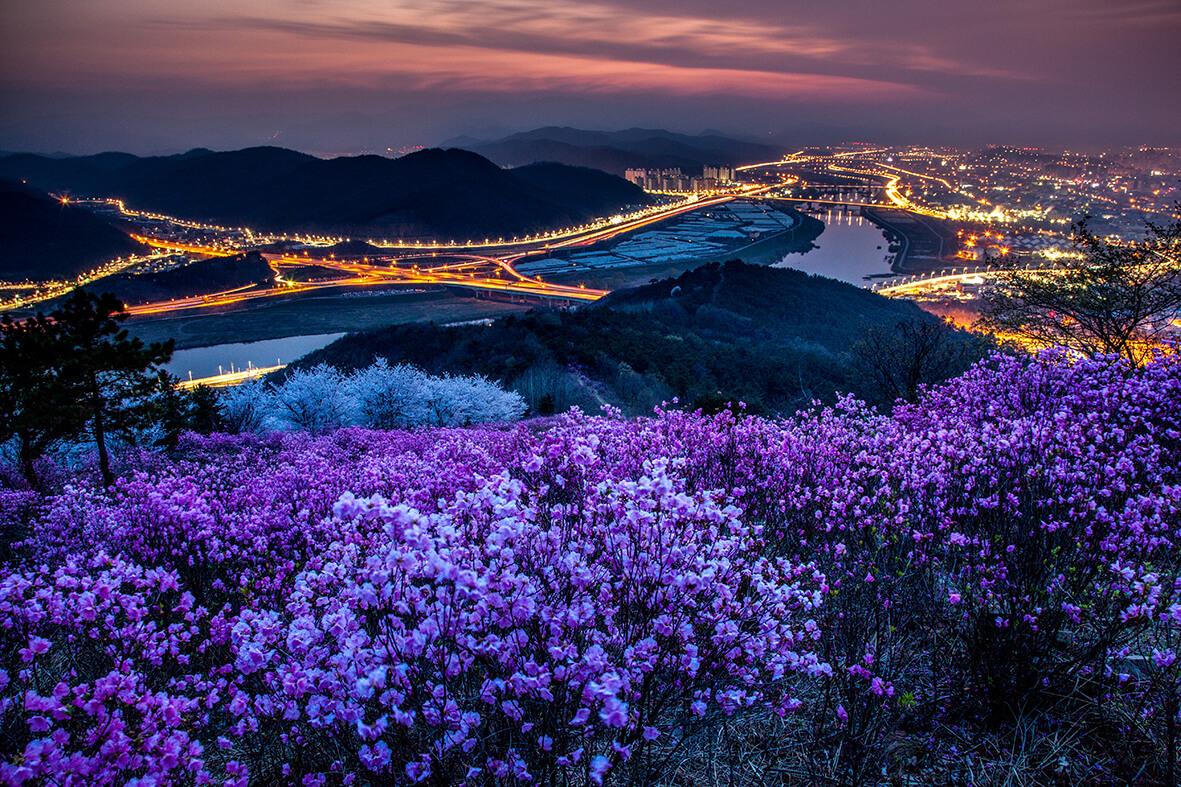Cultural Respect and Economic Prosperity
The visitor to Xinjiang observed that the Uyghur culture and Muslim religion are respected throughout the region. Street names, airports, and public signs include Arabic characters alongside Mandarin to acknowledge both the dominant Han Chinese culture as well as the Uyghur population. Mosques remain open for worship, showing tolerance for religious freedom. Economically, Xinjiang has also prospered with a thriving population representing both Uyghur and Han Chinese communities. The visitor saw that people of both ethnic groups “live ok together, normally” without significant conflict or tensions in their daily lives.

Ensuring Public Safety Amid Security Challenges
Of course, maintaining public safety and national security present ongoing challenges in any diverse society. In Xinjiang, the visitor noticed tight security measures including police presence, road checkpoints, and citizen monitoring used to prevent threats. However, they did not witness any disrespectful treatment or abuse by security forces. Rather than reacting to terrorism after the fact, China takes a proactive stance through preventative security strategies. While this approach receives some international criticism, it appears effective in keeping Xinjiang residents safe from harm posed by radical or violent extremist ideologies.
Perspectives from a Native Uyghur Resident
An indigenous Uyghur gentleman provided additional viewpoints based on his life experiences. He emphasized that referring to locals as “Uyghur Chinese” respects both ethnic and national identities. Most rural Uyghurs living apart from Han communities do not hold strong opinions about their fellow citizens. In cities though, clashes and tragedies affecting all ethnic groups have understandably fueled stronger negative sentiments in some. Meanwhile, everyday dehumanization and stereotyping of Uyghurs as criminals or beggars fuels resentment. The man faced such prejudice through restricted services and racist assumptions based solely on his ethnic background. However, he also acknowledged close friendships with thoughtful Han individuals that challenged misconceptions. Overall, the gentleman assessed most Uyghurs accept peaceful coexistence, while a small fraction understandably dislike Han people due to personal losses or mistreatment.
Balancing Security with Cultural Respect
A native Han citizen who grew up in Xinjiang provided their unique outlook. They affirmed that the government supports Uyghurs through policies like allowing multiple children per family despite the one-child policy applied to Hans. Additionally, Uyghur languages receive protections and promotional benefits within the education system and on currency. This person recognized moderate Muslims also suffered from extremist violence yet international voices often ignore local Muslim perspectives. Overall, both ethnic Uyghurs and Han Chinese desire safety and prosperity for all peoples of Xinjiang. Maintaining vigilance against terrorism requires delicate balance with cultural respect and non-discrimination.
Forging Mutual Understanding Between Communities
Building trust between diverse populations calls for open-mindedness on all sides. Visiting outsiders should seek to understand local realities before rushing to judgment. Locals must recognize even well-intentioned actions could unintentionally promote harm or resentments. Both ethnic Uyghurs and Han Chinese form integral parts of Xinjiang’s social fabric and economic life. With continued respect for cultural practices and languages, along with equitable policies protecting minority rights, communities can reinforce shared interests in development and security over artificial divides. Individuals from any background risk fueling tensions through prejudices, so all would do well adopting a spirit of compassion and cultural sensitivity. Through such mutual understanding, Xinjiang’s peoples strive toward peaceful coexistence.
A Future of Inclusion and Prosperity for All
Overall the varied perspectives shared convey a complex picture in Xinjiang, as with any diverse, historically sensitive region. But positivity also emerges on common hopes. With open dialogue replacing assumptions, and cooperation supplanting conflict, diversity proves a strength rather than weakness. Both security and freedoms matter. With good faith on all sides, tailored solutions can balance these priorities better than knee-jerk reactions. Most of all, recognizing our shared humanity helps overcome differences. If communities persist in that recognition - respecting each person’s dignity regardless of background - an inclusive and prosperous future comes into view for all Xinjiang’s people to build together.

 Exploring the Delights of Daegu, South Korea's Third Largest City
Exploring the Delights of Daegu, South Korea's Third Largest City